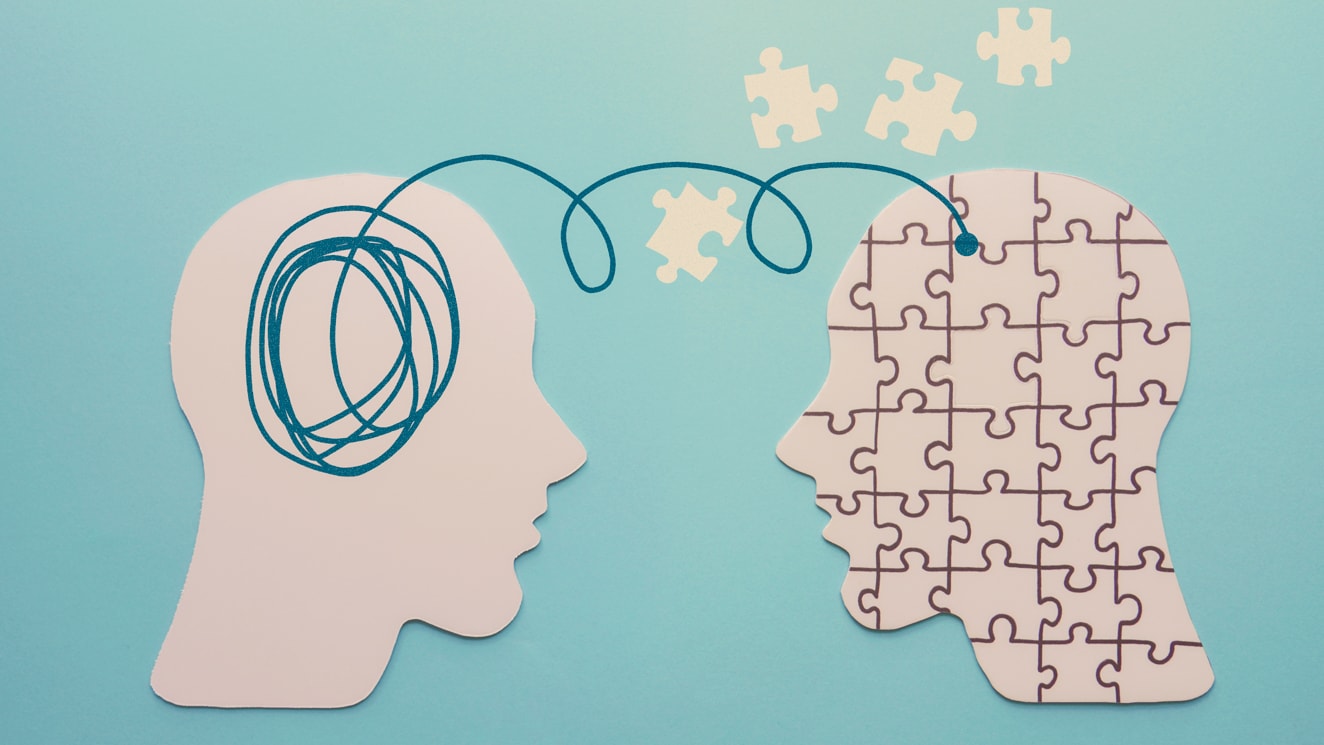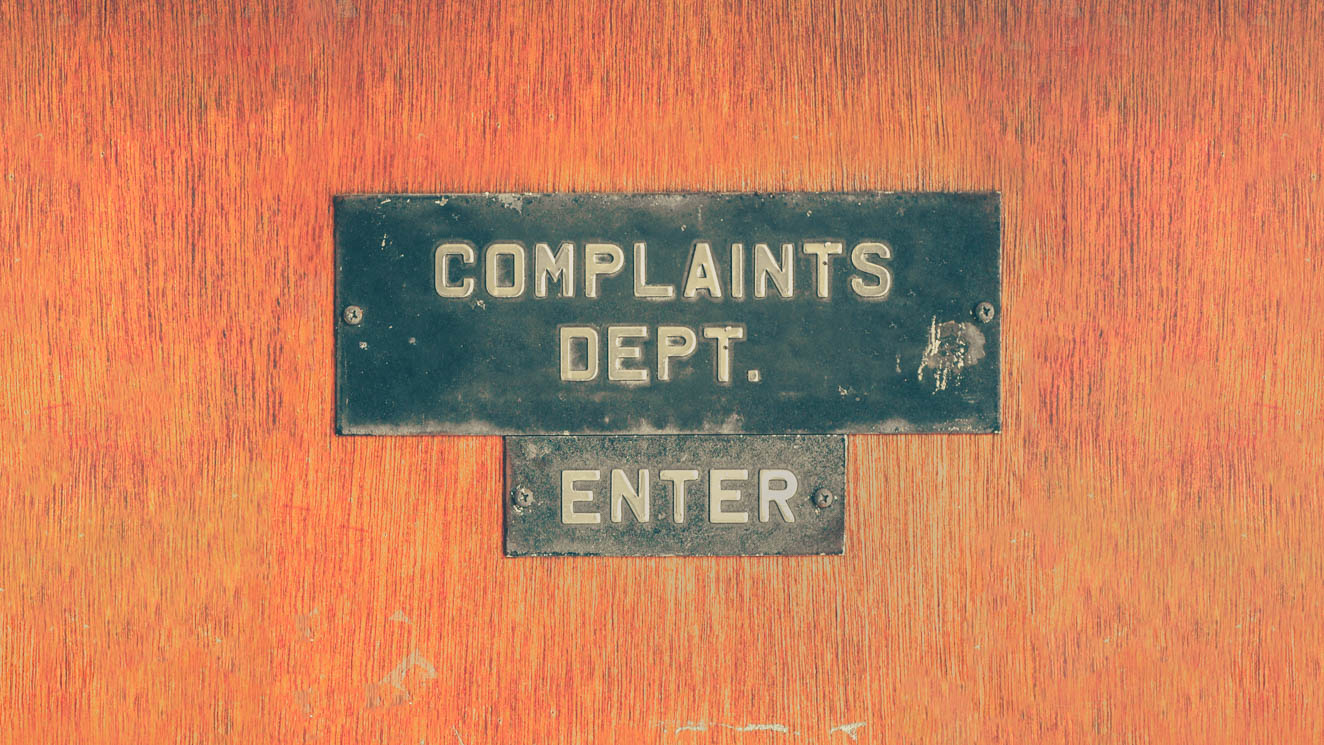

I encouraged my son Sebastian to plan a birthday party for himself. At age 15, like most teens, he was loath to do this.
“Invite a few friends to the beach,” I had pushed. “It’ll work out. You have to celebrate your birthday!” Eventually he warmed to the idea. He’d texted his friends; we’d ordered food. He was excited. It had been too long since he’d felt that way.
Then at the 11th hour, like so many times in the past couple years, our plans evaporated.
I drop the news. “Honey, there’s been an exposure in your class. You have to quarantine. We have to cancel your birthday party.” His disappointment instantly morphs to fury. “I’m not even sick! We’re going to be outside!” And then: “Thanks a lot, Mom. None of my friends’ parents overreact like you. You always do this!” He stomps into his room, slamming the door so hard I feel the reverberations in my bones. I cross my arms onto the kitchen table, lay my head down and shout my exhaustion through a cascade of tears at my husband who is cooking dinner nearby. “The children have permanent suntans in the shape of their masks on their faces. This can’t go on!” But of course, it can.
I have felt this trapped before.
When Sebastian was five and his sister was two, our twins were born. Overwhelmed by the prospect of raising four children under the age of five, I was grateful for the army of mamas who came to visit. One by one, these friends of mine lovingly offered up the covered dish, the matching onesies, the older-sibling gifts, the tribal wisdom.
The best was one angel of a mother who came to drop a casserole and left me with a simple piece of advice.
“Get down,” she told me.
“What?”
“When things feel impossible, put the babies on the ground,” she said. “Then you go down too.” I nodded along, distracted.
Then, when the twins were about three months old, after a lonely, dirty, crying kind of day with my babes, my friend’s words came back to me. I smoothed out the handmade quilt, laid down the two crying babies, and I lay down on the ground, crying with them. The mundane-ness, the never-ending-ness, the numbing mess of it had thoroughly defeated me. I watched my boy scream and thrash, kicking his sister each time which just set her — and me — off again. These twins, having never ever been apart, were like magnets, always finding their way back to each other, even when they didn’t want to. I grabbed a filthy burp cloth to swipe at my dripping face and found I didn’t even care. My throat and heart were raw. Worn out completely, the three of us finally fell into deep, sweet sleep on that blanket. When we woke up four hours later (four!), I was surprised to realize we’d used up all our tears. I kissed two sweaty little foreheads and suddenly felt hungry.
It occurred to me that here, on the floor, we were safe. Things could only go up. I thought about what it meant to be grounded, about what it felt like to be with my babies in their pain, not detached from it, not standing above it, watching it or judging it. To feel with them what they were feeling.
When we all finally got up, I felt, somehow, more confident and capable as a mother of four. Being on the ground was the reminder I needed that I didn’t have to control everything all the time—couldn’t, actually—and radical acceptance of that fact would make us all feel a lot better. In fact, going down into the fatigue, the insecurity, the fear and the helplessness allowed me to start making my way through it.
Over time, I began to realize that the act of getting down on the ground wasn’t just physical. It also served as a reminder to me – a reminder to accept that this season of life wasn’t going to look the same as others. My job was to be present to the reality before me and to stop fighting against it. To sit with the uncomfortable waves until they passed, until I could ask “What do I want to do from here?”
Asking that question of myself began to shift things in a new direction.
Instead of lamenting that I couldn’t make proper meals, I stocked up on healthy snacks; almonds and cheese for breakfast would do just fine. It had bothered me for months that I was only able to get one thing done per day, but I began to find meaning and joy in that one activity I could do.
“Get down” became my mantra. For a time, it felt like I needed to get low to the ground in every corner of my life. It helped me acknowledge my limitations, and, most of all, give myself permission to stop acting like things were easy when they weren’t.
I practiced saying no to other people’s invitations and learned to ask for help. “She’d love a play date! Would you mind picking her up, feeding her dinner, and yes, please, bring her back home too.” I stepped into my vulnerability. “You’re a friend I love so much that I don’t even need to clean the house when you come over. Would you mind handing me that dirty string cheese and yesterday’s nursing bra?”
My new mantra taught me that exhaustion and disappointment and frustration is the stuff of life, and rolling with it is easier than fighting it. It turns out that what goes down must come up.
So now, regarding my teen’s canceled birthday party in the middle of a pandemic? I know what to do.
I head to Sebastian’s room where he’s finally calmed enough to make eye contact, and I lure him into joining me in the living room with the promise that he can build the fire. We sit together for a long while watching the flames.
“This sucks,” he finally says.
My instinct is still to rev up to problem solve; I want to plan a new party, to tell him it will get better. But the new me knows better. The only way out of the feelings is through them.
I look at my beautiful boy, disappointed. “Yup,” I say, my heart tender and warm. “This sucks.”







